
General Physician
General Physician (GP) Services
Our experienced General Practitioners offer comprehensive care for a wide range of everyday illnesses, fevers, infections, and seasonal ailments. We specialize in early diagnosis, preventive care, and holistic management of common diseases across all age groups.

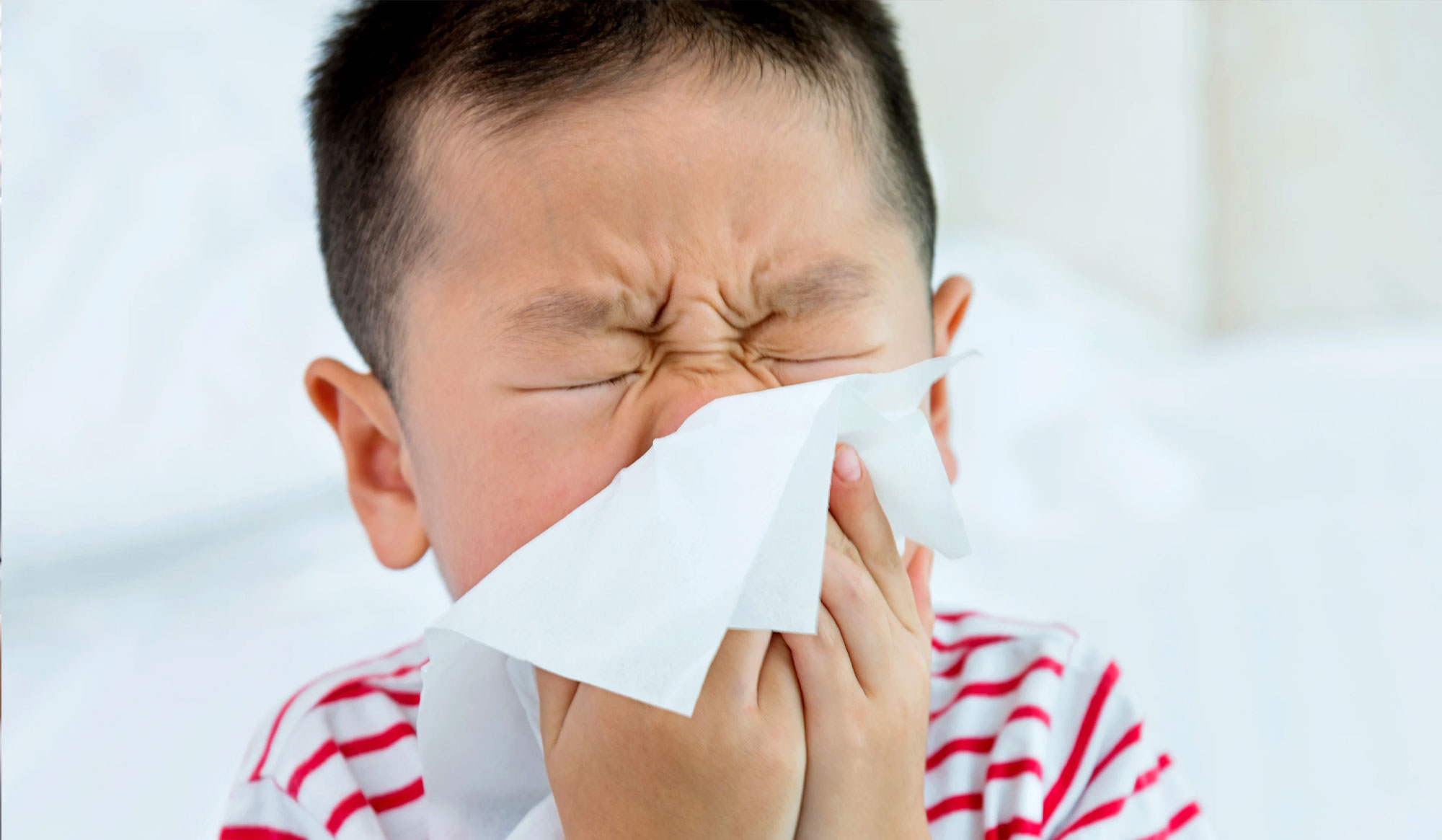
Viral & Respiratory Infections
1. Fever (Viral/Seasonal)
Persistent fever can be a symptom of a simple viral infection or a more serious underlying condition. We perform detailed evaluations and provide effective treatment to restore health quickly.
- Symptoms: High temperature, body aches, chills, fatigue
- Treatment: Antipyretics, rest, fluid therapy, and monitoring
2. Cough & Cold
Whether it’s a dry or productive cough, we treat all types of upper respiratory tract infections.
- Symptoms: Throat irritation, sneezing, nasal congestion, chest tightness
- Treatment: Cough syrups, antihistamines, nebulization if needed
3. Sore Throat & Tonsillitis
Pain while swallowing? You might have a throat infection.
- Causes: Viral infections, bacterial tonsillitis
- Treatment: Antibiotics (if required), warm saline gargles, lozenges
4. Bronchitis & Breathing Trouble
We offer expert management for chest infections and breathing difficulties.
- Conditions Treated: Acute bronchitis, asthma attacks
- Treatment: Inhalers, nebulization, bronchodilators
5. Night Sweats & Chronic Cough
These may indicate deeper issues like tuberculosis or chronic lung infections. Early diagnosis is key.
- Diagnostics: Chest X-rays, sputum tests
- Treatment: Tailored antibiotic or anti-tubercular therapy
Childhood Illnesses & Vaccinations
Protecting your child’s health starts with prevention. We provide full immunization support and treatment of common pediatric illnesses.
1. Essential Vaccinations
- BCG: Protection against tuberculosis
- Pentavalent Vaccine: Covers diphtheria, tetanus, pertussis, hepatitis B, and Hib
- MMR (Measles, Mumps, Rubella): Vital for preventing viral infections in early years
2. Common Pediatric Conditions
- Measles/Rubella: Fever with rash, cough, conjunctivitis
- Diarrhea (Atisar): Quick rehydration with ORS and zinc supplements
- Meningitis: High fever with neck stiffness; requires urgent care
Vaccination During Pregnancy
Here is the enhanced and detailed website content for the Minor Surgical & Dermatology Procedures section, including clear explanations, procedures, indications, and post-treatment care instructions. This version is ideal for clinic websites, making the services sound professional, trustworthy, and patient-friendly.
General Physician
Minor Surgical & Dermatology Procedures
At our clinic, we provide advanced minor skin and nail procedures under local anesthesia with sterile techniques, ensuring maximum safety, comfort, and cosmetic satisfaction. These treatments are ideal for conditions that are persistent, painful, or unresponsive to medication.
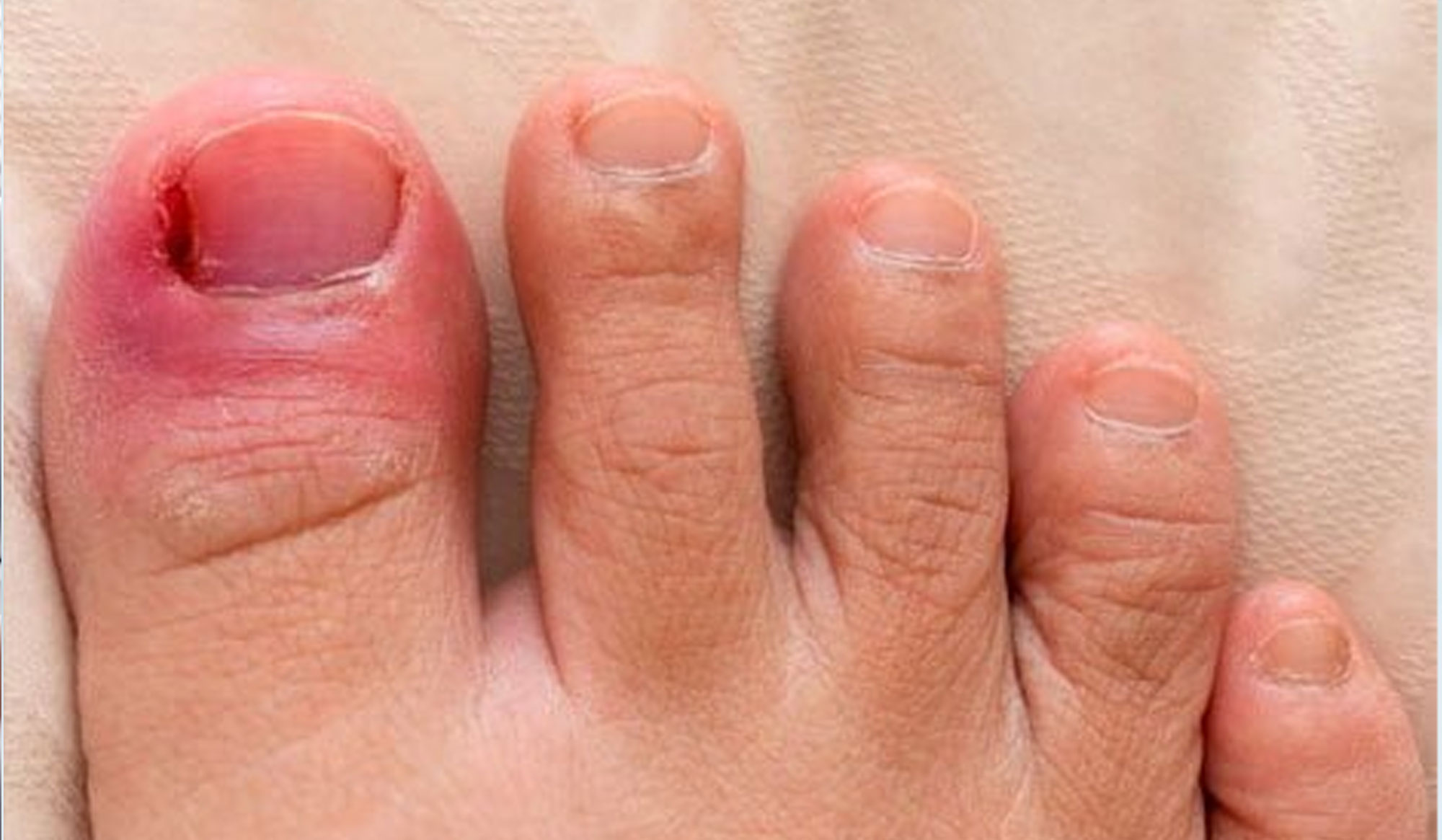
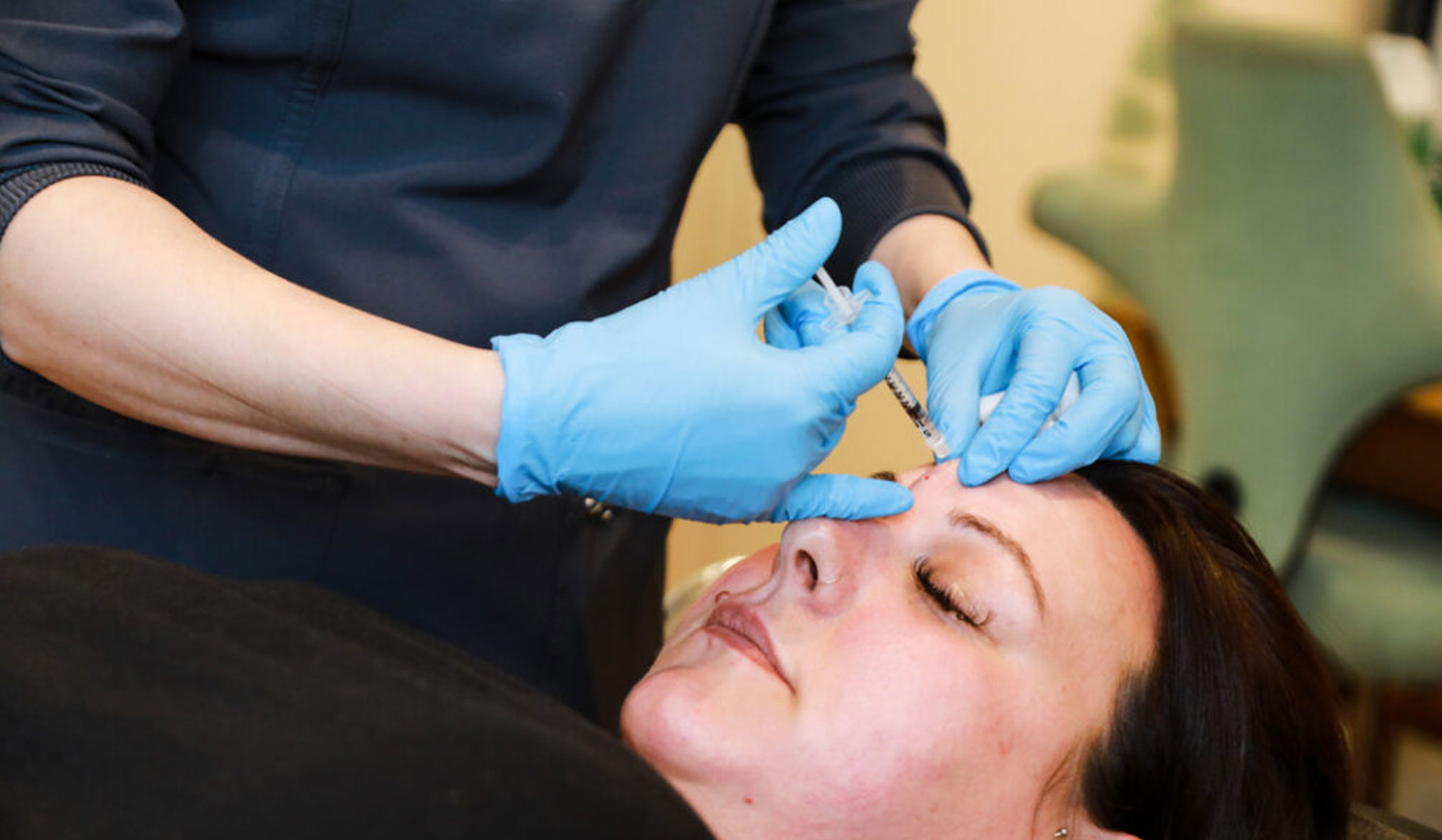
1. Ingrown Toenail Removal (Nail Avulsion)
Overview:
An ingrown nail occurs when the edge of the nail grows into the surrounding skin, leading to pain, swelling, and infection. Common in the big toe.
Procedure:
- Local anesthesia applied to numb the toe.
- Partial Nail Avulsion: Only the ingrown edge is removed.
- Total Nail Avulsion: Entire nail is removed if severely infected or deformed.
- In some cases, chemical cauterization (Phenolization) is used to prevent regrowth of the problem portion.
Ideal For:
- Recurrent ingrown toenails
- Fungal or thickened nails
- In some cases, chemical cauterization (Phenolization) is used to prevent regrowth of the problem portion.
Post-Treatment Care:
- Antibiotic dressing for 2–3 days
- Painkillers for comfort
- Avoid tight shoes for 1 week
2. Wart Removal (Viral Warts, Skin Tags, Moles)
Overview:
Warts are caused by the HPV virus and can spread if untreated. Moles and skin tags may be removed for cosmetic or diagnostic purposes.
Methods:
- RF Cautery (Radiofrequency): Uses controlled heat to burn off the lesion with precision.
- Cryotherapy: Liquid nitrogen freezes and destroys the wart.
- Surgical Excision: Minor cutting under local anesthesia if lesion is deep or suspicious.
Ideal For:
- Common and plantar warts
- Skin tags in neck, armpits
- Unwanted moles (after clinical evaluation)
Post-Treatment Care:
- Mild redness or scab may form
- Avoid touching or peeling
- Healing typically in 7–10 days
3. Abscess Drainage (Boil / Pus Collection)
Overview:
Abscesses are collections of pus under the skin caused by bacterial infection. They are painful, red, and swollen.
Procedure:
- A small incision is made under local anesthesia.
- Pus is drained, cavity is cleaned.
- Antibiotic dressing applied.
- In large abscesses, a wick (gauze strip) may be placed for continuous drainage.
Ideal For:
- Painful boils
- Carbuncles
- Post-traumatic skin infections
Post-Treatment Care:
- Daily cleaning and dressing for 3–5 days
- Oral antibiotics prescribed
- Avoid pressing or scratching
4. Skin Biopsy (Punch / Shave / Excisional Biopsy)
Overview:
A skin biopsy is done to diagnose suspicious skin lesions, chronic rashes, or growths that don’t respond to treatment.
Procedure Types:
- Punch Biopsy: A small circular tool takes a core skin sample.
- Shave Biopsy: Surface layers removed with a blade.
- Excisional Biopsy: Entire lesion removed for larger/deeper abnormalities.
Used For Diagnosing:
- Psoriasis, eczema, lichen planus
- Autoimmune skin diseases
- Suspected skin cancers (BCC, SCC, melanoma)
- Chronic non-healing wounds
Post-Treatment Care:
- Small stitch or bandage applied
- Lab report in 5–7 days
- Scar care advice provided
5. Mole & Cyst Removal (Cosmetic / Diagnostic)
Overview:
Benign skin cysts or moles may become infected, painful, or unsightly. They can be removed safely without hospital admission.
Procedure:
- Local anesthesia administered.
- Mole or cyst is excised with small incision.
- Wound closed with fine sutures or left to heal by secondary intention (if superficial).
Common Lesions Treated:
- Epidermoid cysts
- Lipomas (fat lumps)
- Dermal nevi (moles)
- Sebaceous cysts
Post-Treatment Care:
- Stitches removed in 5–7 days
- Scar prevention creams if needed
- Biopsy if medically indicated
6. Corn and Callus Removal
Overview:
Painful thickened skin over pressure areas like feet, toes, or soles. Often caused by ill-fitting shoes or repeated friction.
Procedure:
- RF cautery or surgical paring under local anesthesia.
- Pressure offloading advised with insoles or footwear correction.
Benefits:
- Immediate pain relief
- Improved walking comfort
- Prevents recurrence
General Physician
Infectious & Febrile Illnesses – Diagnosis & Treatment
Our clinic provides comprehensive care for infectious diseases with an emphasis on early detection, accurate testing, and complete recovery support.
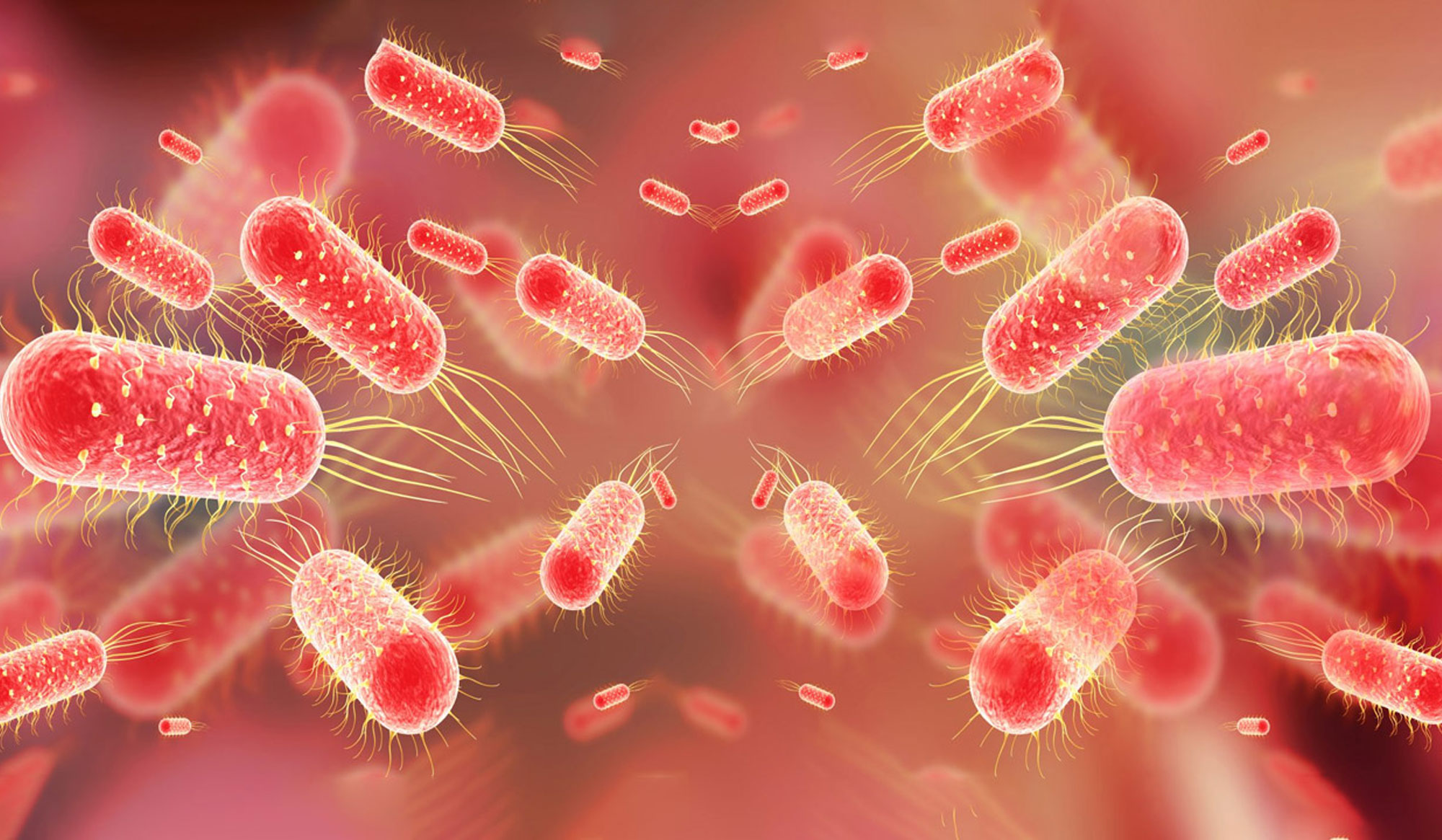
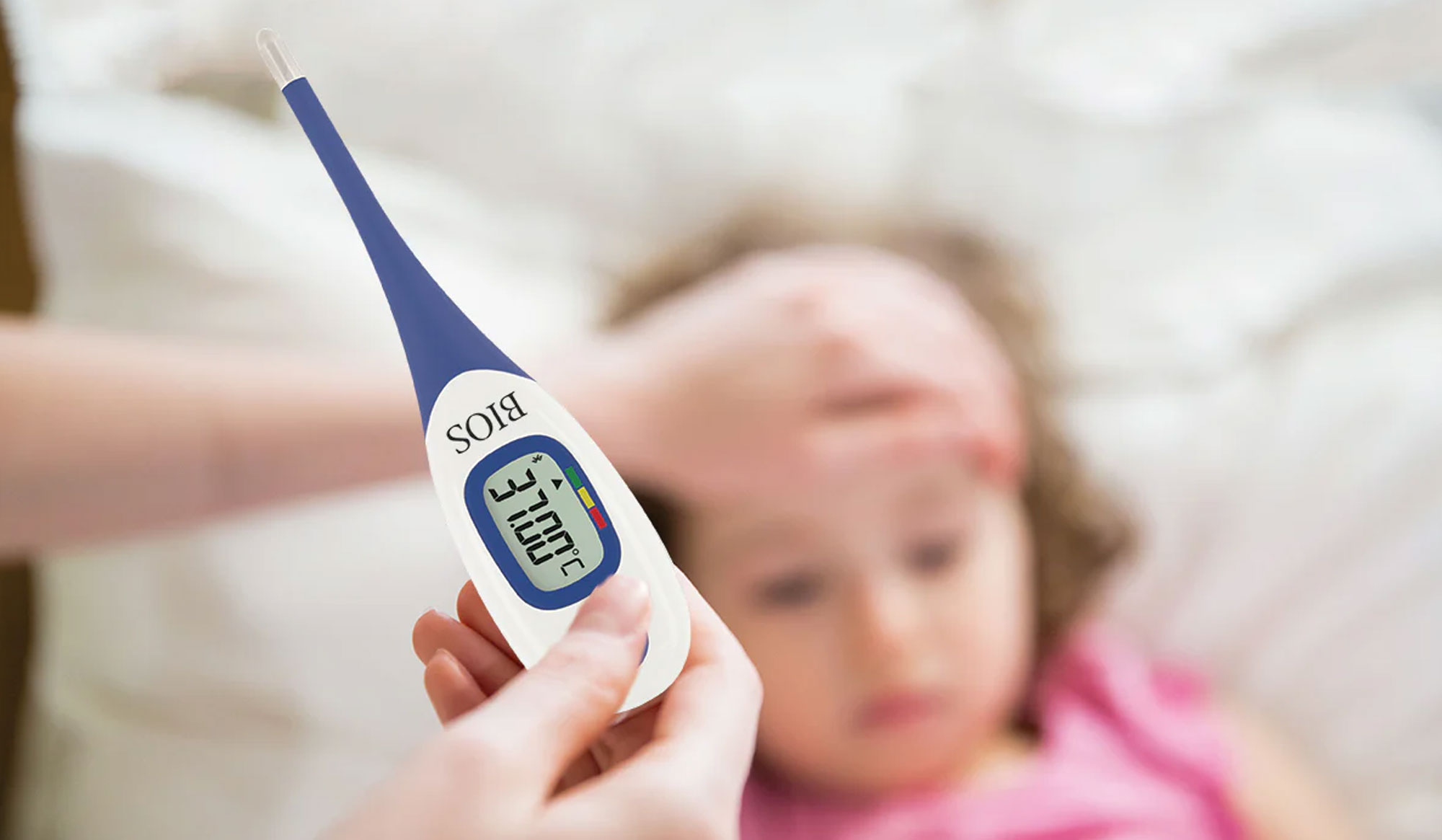
1. Typhoid Fever
Overview:
A bacterial infection caused by Salmonella typhi, transmitted through contaminated food or water.
Symptoms:
- High-grade fever lasting >5 days
- Abdominal pain, fatigue
- Coated tongue, constipation or diarrhea
Diagnosis:
- Widal Test
- Typhi Dot Test
- Blood Culture (gold standard)
Treatment:
- Oral or injectable antibiotics (Cefixime, Azithromycin, or Ceftriaxone)
- Probiotic supplements
- 3–5 days of rest and hydration support
2. Dengue Fever
Overview:
A mosquito-borne viral infection that reduces platelet count, increasing bleeding risk.
Symptoms:
- Sudden high fever
- Severe body and joint pain (“breakbone fever”)
- Rashes, vomiting
- Bleeding gums or nose
Diagnosis:
- NS1 Antigen Test (early phase)
- IgM / IgG Dengue Antibody Test
- Complete Blood Count (CBC) – Platelet monitoring
Treatment:
- Supportive therapy (no specific antiviral)
- IV fluids if dehydrated
- Monitoring of hematocrit and platelets
- Hospitalization if platelets <50,000 or bleeding occurs
3. Malaria
Overview:
Caused by Plasmodium parasites (P. vivax / P. falciparum), spread via female Anopheles mosquito.
Symptoms:
- Intermittent chills, shivering followed by high fever
- Sweating, nausea
- Enlarged spleen (in chronic cases)
Diagnosis:
- Rapid Diagnostic Test (RDT)
- Peripheral Blood Smear (PBS) microscopy
Treatment:
- Antimalarial drugs (Chloroquine, Artesunate + SP)
- Paracetamol for fever
- Monitoring liver and kidney functions in severe malaria
4. Swine Flu (H1N1 Influenza)
Overview:
An influenza virus subtype causing acute respiratory infection.
Symptoms:
- Sudden high fever
- Cough, body ache, sore throat
- Shortness of breath (in severe cases)
Diagnosis:
- RT-PCR nasal swab test for H1N1
Treatment:
- Oseltamivir (Tamiflu) capsules for 5 days
- Isolation for 7 days
- Symptomatic relief with cough syrup, steam inhalation
5. COVID-19 & Post-COVID Syndrome
Overview:
SARS-CoV-2 infection affecting lungs, heart, brain, and immune system.
Symptoms:
- Fever, cough, breathlessness
- Fatigue, brain fog, anxiety
- Loss of smell/taste
Diagnosis:
- RT-PCR / Rapid Antigen Test
- Chest X-ray / HRCT if breathlessness
- CBC, CRP, D-dimer (post-COVID evaluation)
Treatment:
- Home isolation guidance
- Oxygen saturation monitoring
- Post-COVID recovery plan (vitamins, breathing exercises, fatigue therapy)
General Physician
Gynecology & Women’s Health – Diagnosis & Treatment
We offer comprehensive gynecological evaluation, hormone management, menstrual care, fertility guidance, and ultrasound support. Each condition is addressed with respect, privacy, and evidence-based medicine.
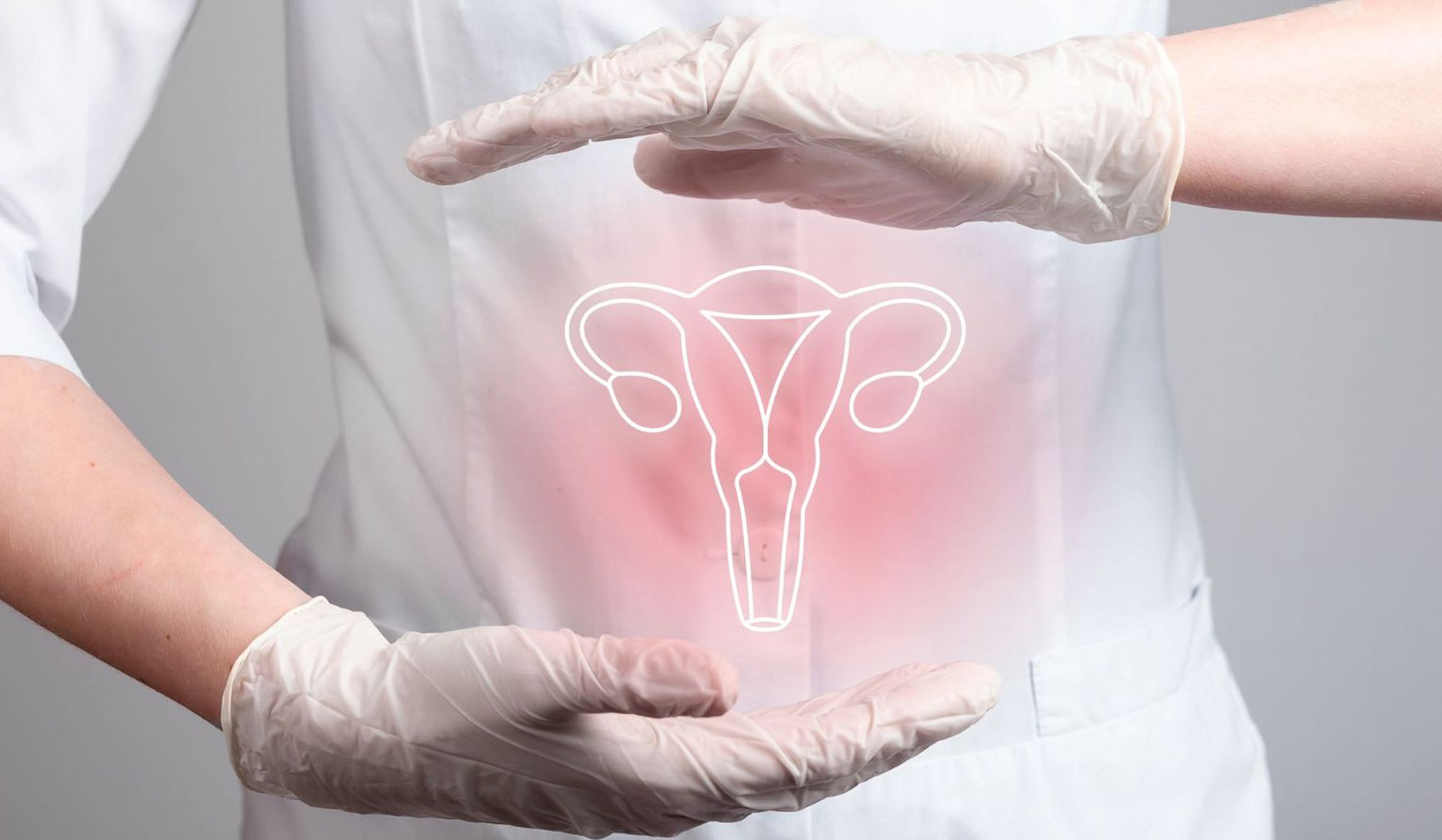
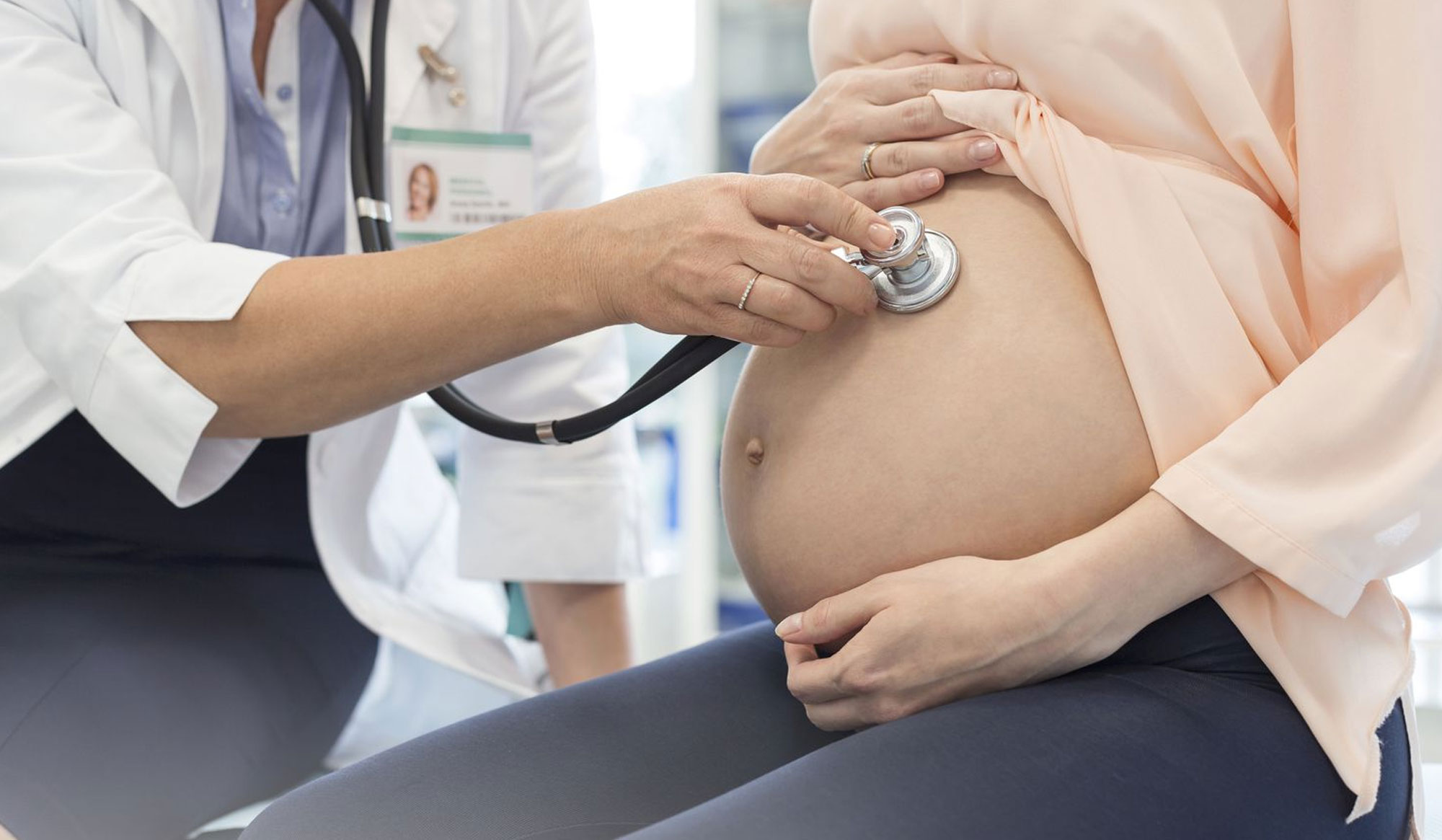
1. Menstrual Irregularities
Overview:
Variations in menstrual timing, flow, or absence of periods due to hormonal imbalances.
Symptoms:
- Delayed or early periods
- Excessive bleeding (Menorrhagia)l Avulsion: Only the ingrown edge is removed.
- Missed or absent periods (Amenorrhea)
Diagnosis:
- Pelvic ultrasound
- Thyroid and prolactin testing
- Hormone profile (FSH, LH, Estrogen, Progesterone)
Treatment:
- Oral contraceptive pills or hormonal regulation
- Iron supplements in heavy bleeding
- Stress/lifestyle counseling
- Stress/lifestyle counseling
- Referral to endocrinologist if needed
2. PCOD / PCOS (Polycystic Ovary Syndrome)
Overview:
A hormonal disorder with irregular ovulation and small ovarian cysts.
Symptoms:
- Irregular periods, acne, facial hair
- Weight gain, hair thinning, infertility
Diagnosis:
- Pelvic ultrasound (shows multiple small follicles)
- Blood test: Testosterone, LH/FSH ratio
- Glucose tolerance test (for insulin resistance)
Treatment:
- Weight loss guidance
- Oral contraceptives or Metformin
- Fertility medication if planning pregnancy (Clomiphene, Letrozole)
3. Leucorrhea (White Vaginal Discharge)
Overview:
Abnormal discharge due to infections or hormonal imbalance.
Symptoms:
- White/yellow discharge with foul odor
- Vaginal itching or irritation
- Painful urination
Diagnosis:
- Vaginal swab test
- Wet mount microscopy
- Urine test to rule out UTI
Treatment:
- Antifungal (Fluconazole) or antibiotic (Metronidazole) course
- Hygiene advice and intimate wash
- Partner screening in recurring cases
4. Pelvic Inflammatory Disease (PID) & Lower Abdominal Pain
Overview:
Infection of the female reproductive tract often due to untreated STIs.
Symptoms:
- Pain in lower abdomen
- Fever, fatigue, foul-smelling discharge
- Pain during intercourse
Diagnosis:
- Pelvic examination
- Vaginal swab culture
- Ultrasound (TVS)
Treatment:
- Combination antibiotics (Doxycycline + Metronidazole)
- Pain relievers and rest
- Counseling on safe sexual practices
5. Pre-Menopause & Menopause Care
Overview:
Hormonal changes before and after cessation of periods, typically after age 45.
Symptoms:
- Hot flashes, mood swings
- Vaginal dryness, low libido
- Sleep disturbance, bone weakness
Treatment:
- Hormone Replacement Therapy (HRT) if eligible
- Calcium & Vitamin D3 supplements
- Lifestyle changes, emotional support
6. Infertility Evaluation (Primary & Secondary)
Overview:
Inability to conceive after 12 months of regular unprotected intercourse.
Diagnostic Workup:
- Day 2 and Day 21 hormonal profile
- Pelvic ultrasound for follicles, uterus lining
- Semen analysis (partner)
- HSG (Fallopian tube patency test)
Treatment:
- Ovulation induction (Clomiphene, Letrozole)
- Timed intercourse counseling
- Referral to fertility center if advanced care needed (IUI, IVF)